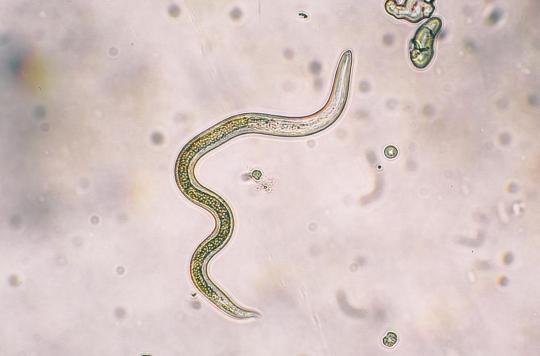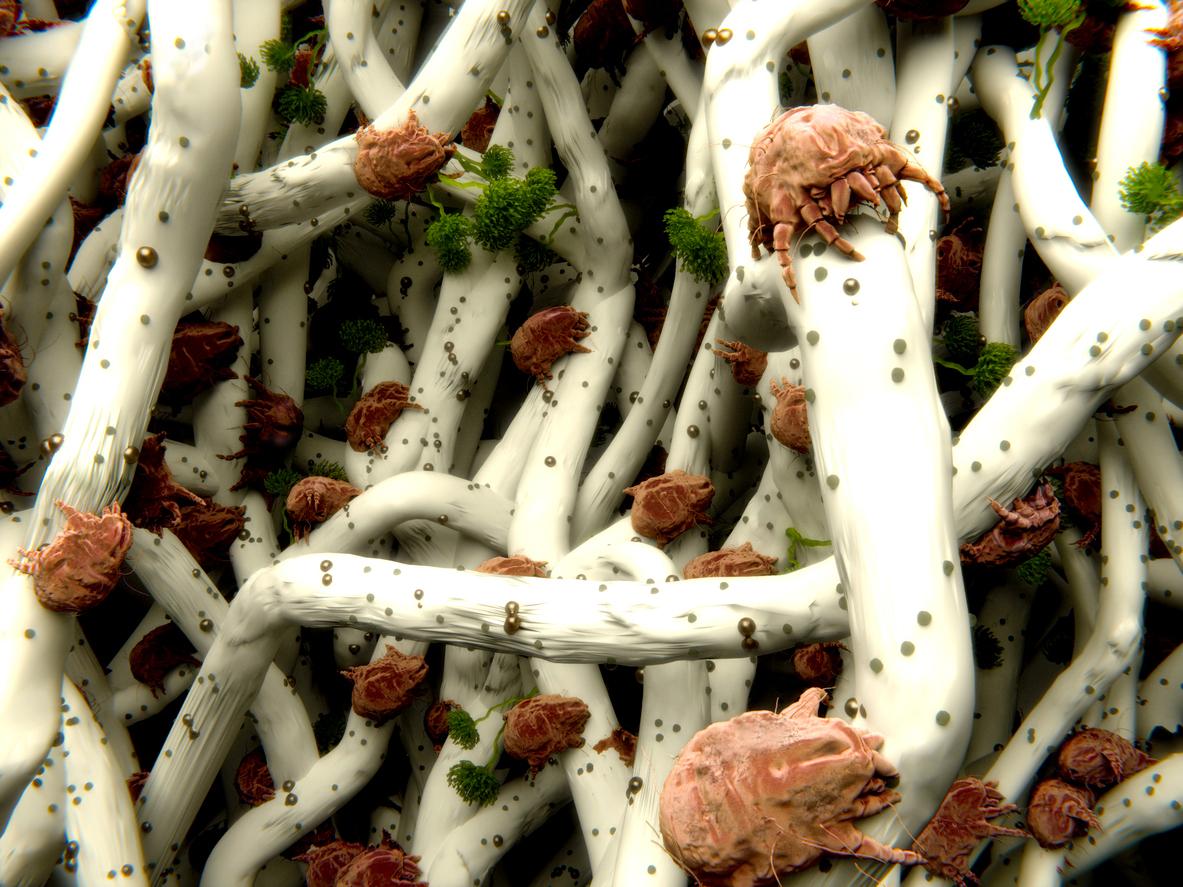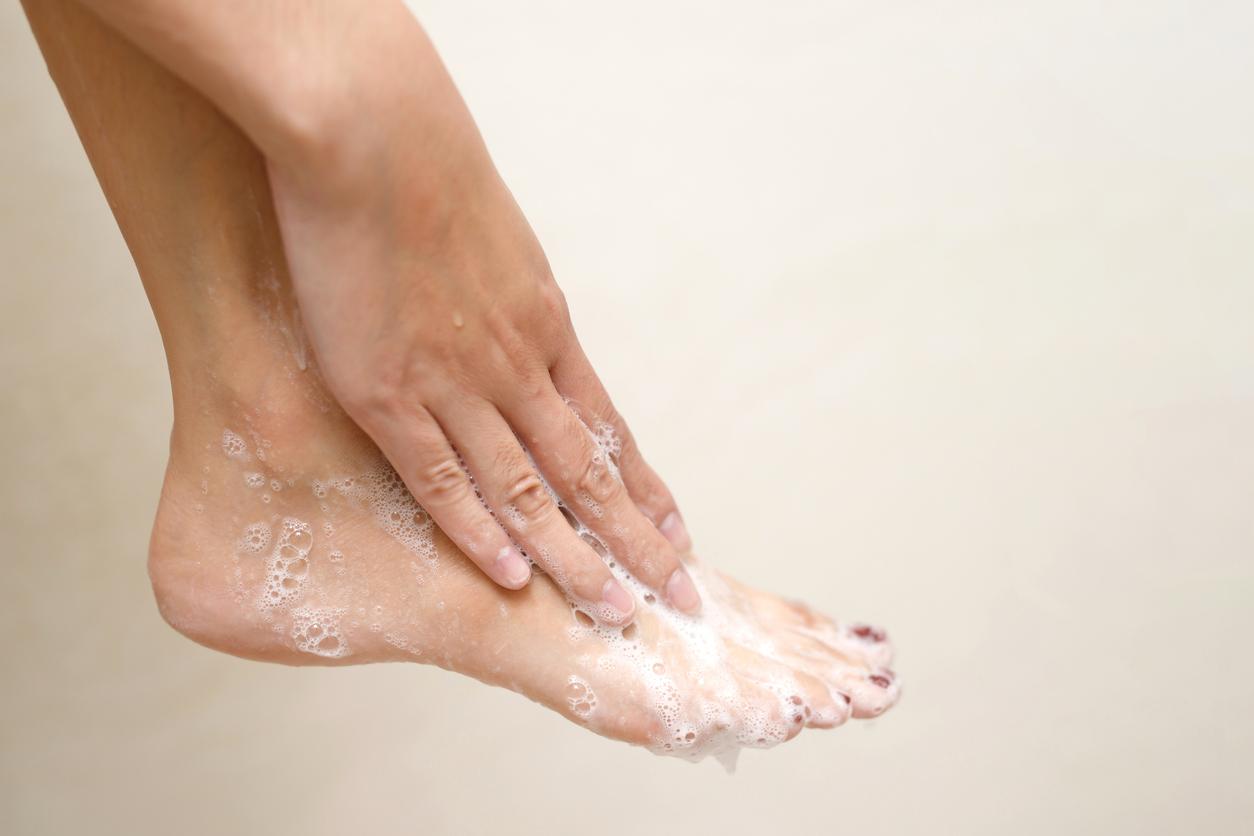In China, a 41-year-old woman was hospitalized after complaining of severe intestinal pain. After years of medical wandering, doctors finally discovered a 30 centimeter parasitic worm in his digestive system.

It’s a spine-chilling story. In China, a 41-year-old woman complaining for years of abdominal pain underwent surgery this week to remove a parasitic worm nearly 30 centimeters long that had taken up residence in her intestine.
According to FoxNewswhich reports the facts, the woman, identified as Ms. Yang, is said to have consulted numerous doctors at the hospital over the past ten years, without the worm ever being detected.
“I couldn’t believe my eyes,” Dr Li Juan, who treated Ms Yang at the Second People’s Hospital in Haining, Zhejiang province, east China, told AsiaWire. “His intestines provided the perfect conditions for the parasite to grow, but it’s still surprising to see a case in person.”
A worm linked to poor sanitation
The worm found in Ms. Yang’s digestive system belongs to the genus Ascaris, a pinkish-colored roundworm up to 35 centimeters long. Only infecting humans, it spreads from person to person in the form of eggs found in human feces. Poor hygiene and the consumption of contaminated fruits and vegetables that have not been washed, peeled or cooked properly can lead to an infection, called ascariasis. This is more common in areas with poor sanitation or where human excreta is used as fertilizer. This is the case, in particular, of the developing countries of the intertropical zone. Indeed, its spread is favored by the heat, humidity and lack of hygiene, which often affect these countries.
The woman in question therefore underwent surgery to remove the parasite present in her intestines. His doctor, also treated his family against possible infections by Ascaris.
Up to 1.2 billion infections worldwide
According to Centers for Disease Control and Prevention (CDC), between 807 million and 1.2 billion people worldwide are infected with a worm Ascaris lumbricoides. As the site reminds IFL Science, people with an infection with this worm rarely have specific symptoms. If symptoms occur, they can range from mild abdominal discomfort, fever, wheezing and vomiting. More serious when it occurs in children, ascariasis can lead to intestinal blockages and growth retardation.
Fortunately, ascariasis can be treated with antiparasitic drugs and can be prevented with good hygiene. It is therefore important to always wash your hands thoroughly after touching the ground, especially in areas that may be contaminated by human feces.

.














